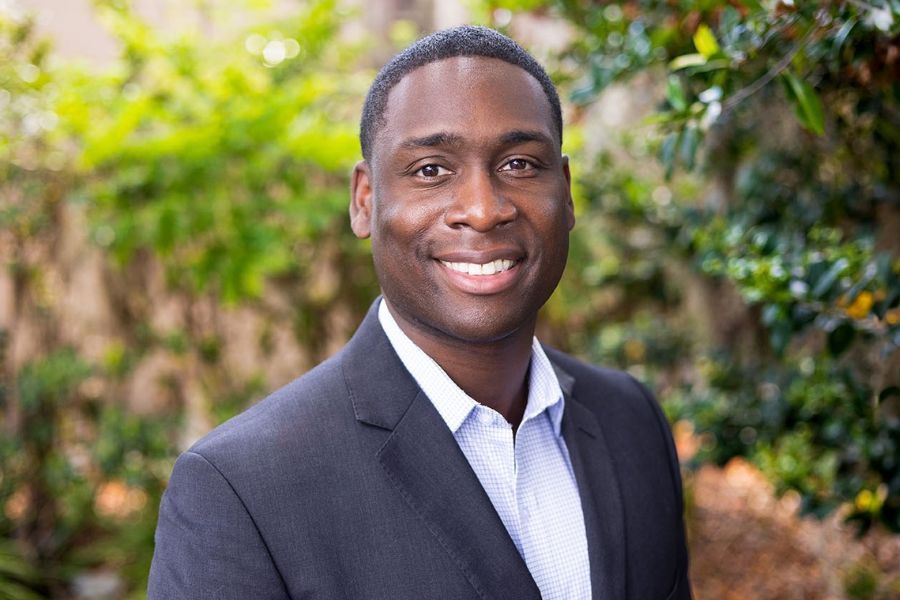Why more Social Security claimants are waiting past 62

Shifts in workplace retirement benefits, other factors, making delaying benefits even more valuable.
Retirees are finally getting the message about the benefits of waiting to claim Social Security.
A recent report from the Center for Retirement Research at Boston College shows that a declining number of people are taking Social Security retirement benefits in the year they turn 62. In 1985, 51.9% of men and 63.6% of women who turned 62 claimed Social Security retirement benefits. In 1996, those numbers slipped to 56% of men and 62.8% of women.
But by 2013, both numbers declined sharply: 35.6% of men and 39.5% of women celebrated their 62nd birthday and claimed Social Security in that year.
WHY WAIT?
Author and CRR director Alicia Munnell pointed out that there are a variety of reasons for the shift in claiming trends.
For instance, there’s the increases in full retirement age to 66 from 65, effective for people born between 1943 and 1954, which gradually rises to 67 for those born in 1960 or later. Ms. Munnell also mentioned the shift from defined benefit plans to defined contribution plans as a reason why people are waiting longer to retire.
“Defined benefit plans have incentives to encourage people to retire earlier,” she said. “There’s a point at which the [DB] plan will pay full benefits under the full retirement age under the plan, and the benefits aren’t any higher if you wait past that age.”
Reduced availability of retiree health care is another motivating factor to keep people at their desks for a few more years. “We’ve had rapidly rising health care costs, and a decline in retiree health insurance, which makes waiting for Medicare all the more attractive,” Ms. Munnell said.
Source: Boston College
WHEN TO CLAIM
Claiming behavior will differ based on individual circumstances: An employee who participates in physically demanding labor may be reluctant or unable to keep doing that work until full retirement age.
But financial advisers are saying that more of their clients are asking about when might be the best time to start claiming benefits, and increasingly, the best answer is to wait. Those who hold off until full retirement age receive full benefits, and those who wait until age 70 receive an 8% boost in income for each year they defer after full retirement age.
Meanwhile, improper timing for claiming Social Security can be a costly error for clients, as Crain’s Wealth columnist Mary Beth Franklin explains in a recent post.
When clients ask Stephen Lovell, an adviser with Lovell Wealth Legacy, he has a question for them in response: “Do you think you’re lucky?”
“If so, and you live longer than the life expectancy, then if you claim later you get more in net present value dollars,” Mr. Lovell said. “If someone said, ‘I don’t know what to do,’ then [I] tell them to wait. You’re insuring against the unknown.”
Individuals who are married typically also want to wait because of the claiming strategies available to them. “There are other factors that come into play, and then it’s highly advantageous, usually, for the spouse with the higher salary to wait until 70,” Mr. Lovell said.
At the very least, the shift in claiming trends suggests that many workers are getting the message about the benefits of waiting. “We’re always exhorting people to work longer and claim later,” Ms. Munnell said. “It seems like people are doing that. It’s nice to see that progress.”
Learn more about reprints and licensing for this article.






